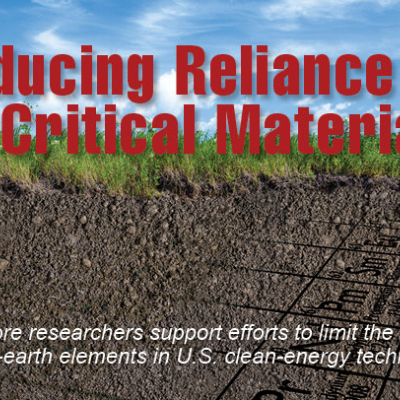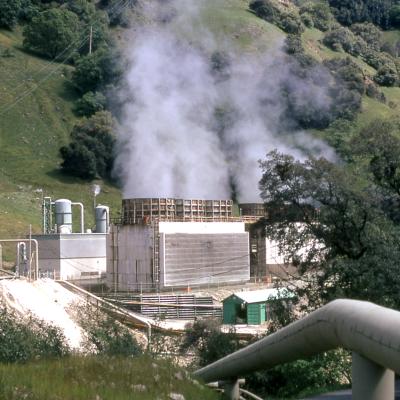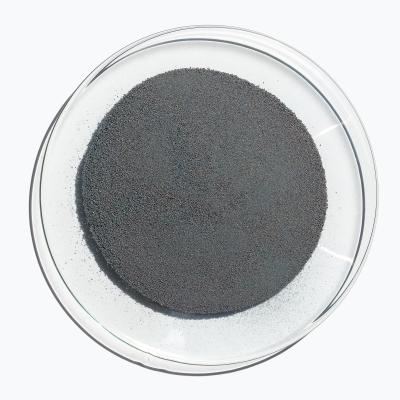LLNL researchers have developed a Li-Sn-Zn ternary alloy and its method of production. Instead of traditional alloying techniques, the alloy was synthesized using mechanical alloying (high energy ball milling). With high purity elemental powders of lithium, tin and zinc, LLNL researchers were able to prepare Li60Sn20Zn20 as well as Li70Sn20Zn10 nanopowders.
Keywords
- Show all (41)
- Carbon Utilization (7)
- Electric Grid (7)
- Additive Manufacturing (4)
- Materials for Energy Products (4)
- 3D Printing (3)
- Direct Air Capture (3)
- Inertial Fusion Energy (IFE) (2)
- Power Electronics (2)
- Inertial Confinement Fusion (ICF) (1)
- Membranes (1)
- Microfabrication (1)
- Photoconductive Semiconductor Switches (PCSS) (1)
- Semiconductors (1)
- Simulation (1)
- (-) Synthesis and Processing (2)
- (-) Geologic Storage (1)

CMI—a DOE Energy Innovation Hub—is a public/private partnership led by the Ames Laboratory that brings together the best and brightest research minds from universities, national laboratories (including LLNL), and the private sector to find innovative technology solutions to make better use of materials critical to the success of clean energy technologies as well as develop resilient and secure…

LLNL has a patented process to produce colloidal silica directly from geothermal fluids. Livermore’s process uses membranes to produce a mono-dispense slurry of colloidal silica particles for which there are several applications. LLNL has demonstrated that colloidal silica solutions that result from extraction of silica from geothermal fluids undergo a transition to a solid gel over a range of…


